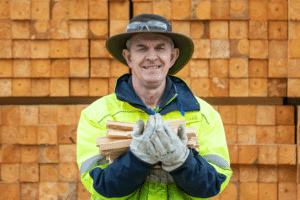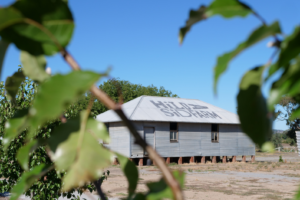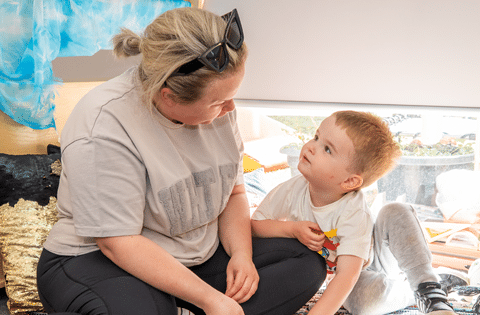- Disability Services
-
-

Disability Services
At Kurrajong, we make sure we truly understand who you are as an individual. We will never use a one size fits all approach because there’s no one else just like you, and that’s what makes your needs unique.
-
-
- NDIS
-
-
-
NDIS
Every year, the Kurrajong team supports more than 900 clients to achieve their NDIS goals. Our friendly team can help you and your family too.
-
-
- Support Us
-
-
-
Support Us
The generosity of our local community has built Kurrajong to be the organisation it is today. There are so many ways that you can help us continue to change the lives of people with disability in our region. With your help, we can make big things happen.
-
- Become a Member
Our members play an important role in supporting us as we continue to create open, accessible and inclusive communities for all people.
Learn more- Volunteer
We’re always looking to get more volunteers involved at Kurrajong. Learn how you can give back to your local community.
Learn more
-
- Donate now
Your donation will go towards helping local people with disability live life to the full, in open, accessible and inclusive communities.
Learn more
-
-
- About Us
-
-
-
About Us
Kurrajong has been a household name in the Riverina Murray Region for over 60 years. We have been pioneers in our industry since our inception and we’re not slowing down! Find out more about who we are.
-
-
- Businesses
-
-
-
Do business, with heart.
Kurrajong Commercial Enterprise businesses service the Riverina Murray Region and employ over 130 local people with disability. When you support a Kurrajong Commercial Enterprise, you’re supporting and empowering people with disability to gain independence through employment.
-
-
- Hildasid Farm
-
-
-
Hildasid Farm
Hildasid Farm is a Kurrajong initiative for the entire community. Our vision for this 268 acre tranquil property is to create a rustic, authentic place where people of all backgrounds, cultures, interests and abilities can come together to connect and immerse themselves in nature.
-
-
- Contact us
We’ve put together this list of our most commonly asked NDIS questions. If your question isn’t answered here, make sure to get in contact – we’re happy to chat and answer any questions you may have.








